Scientists Testing New Technology to Pinpoint When Fish Become Food
Canada’s top doctoral-level fisheries researcher is uncovering fish interactions with predators and their environment


Canada’s top doctoral-level fisheries researcher is uncovering fish interactions with predators and their environment
New short film 'Fish Forever' features research on the increase of per- and polyfluoroalkyl substances (PFAS) in vital food sources

Take a look at our recent ENLS Conference Abstract Booklet to learn more about our Graduate Students' research.
The Environmental & Life Sciences Graduate Program is deliberately interdisciplinary. Our students’ experiences are diverse, gleaned from across the disciplines – ecology, environmental chemistry, forensics, genetics, geography, and physiology. This is deliberate. It is because scientific advances are most rapid at the interface of the disciplines. It is because environmental solutions demand a multifaceted view. It is because interdisciplinary training enhances our students' success in publishing, finding employment, and flourishing.
Not only do graduate students in the program have access to world-class facilities and the opportunity to work with globally-recognized leaders in their field of expertise to conduct their research, our Program Staff are available to help support and motivate students throughout the entire process. A number of students have expressed how influential the support system has contributed directly and indirectly to providing them with exceptional experiences; allowing individuals to explore their research interests while promoting leadership and personal growth; and fostering integrity, respect, service, and commitment to Trent’s mission. You can take comfort in knowing that you will be set up for success in this program!
|
1. Earth Sciences, Natural Resources, and Agriculture - Climatology, geomorphology, and hydrology, including surface hydrology, sediment transport, process geomorphology, wind tunnel simulation, boundary-layer climatology, and surface-atmosphere interactions |
|
2. Ecosystem Biogeochemistry and Trace Contaminants - Sources, distribution, cycling and transformations of organic and inorganic contaminants, and their uptake by and effects of organisms, elemental cycling (transport, sources, sinks) in aquatic and terrestrial ecosystems, the role of anthropogenic stressors in altering elemental cycles, biological response to altered cycles |
|
3. Ecology, Evolution, and Conservation - Fish and wildlife management, evolutionary and population ecology, biological conservation, ecological and evolutionary physiology of plants and animals, physiology of environmental stressors |
| 4. Genes, Cells, and Physiological Systems - Molecular virology, protein engineering, forensic science, biochemistry, molecular biology, genomics, genetics of behaviour and aging, cancer |
Please visit our Faculty & Research page to see what fields of research are currently being studied. Interested students are encouraged to contact faculty directly to discuss possible graduate openings in their lab. Please also see our Current Research Opportunities listing.
Financial support is provided to all full-time M.Sc. and Ph.D. students admitted to the program. Please see our awards and scholarship page for more details. Financial support comes from diverse sources, such as internal scholarships, external scholarships, Graduate Teaching Assistantships or faculty research funds. Support levels are reviewed annually. Candidates are strongly encouraged to apply for external scholarships (NSERC, OGS) on their own behalf during their last year of undergraduate or M.Sc. programs. Application deadlines for these and other external scholarships are typically in October or November.
More information about financial support and scholarships is available from the Graduate Studies Office and through Trent University's Financial Aid.
Please refer to the current Academic Calendar for further details on the ENLS Program.
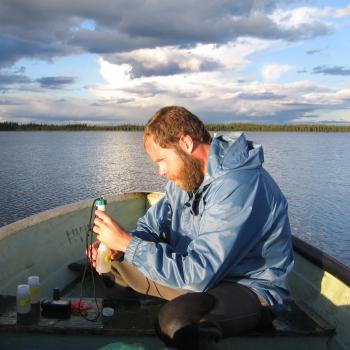
For more detailed information on how to apply to EnLS, visit the Trent University Graduate Studies page.
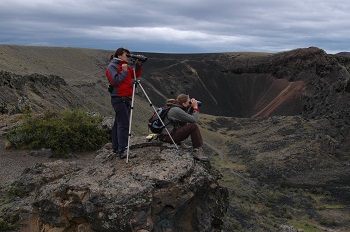
For more detailed information on how to apply to EnLS, visit the Trent University Graduate Studies page.
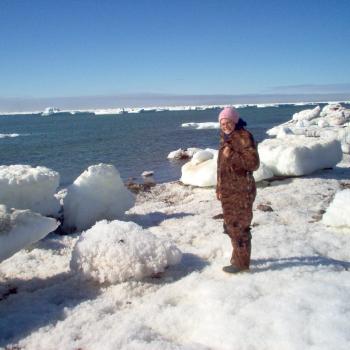
For more detailed information on how to apply to EnLS, visit the Trent University Graduate Studies.
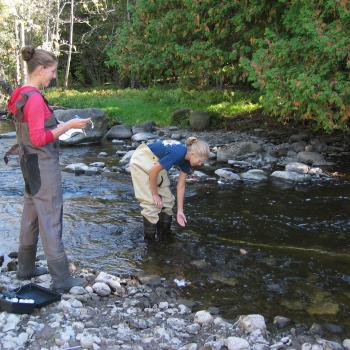
Graduate students in the Environmental and Life Sciences Graduate Program (EnLS) have access to world-class facilities to conduct their research.
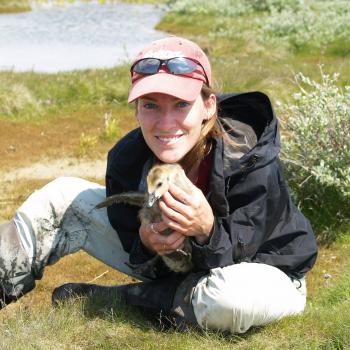
Important information on how to apply to the Environmental & Life Sciences graduate program.
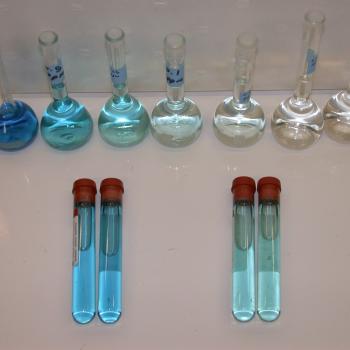
Forms and resources for students and faculty of the ENLS program.

Internal and external awards and scholarships for graduate students.
Please visit the Graduate Studies scholarship page for all Trent Graduate Studies Scholarship and their Deadlines.